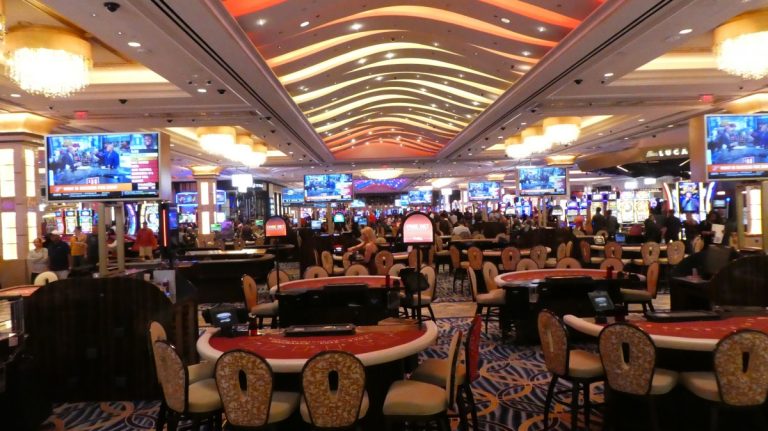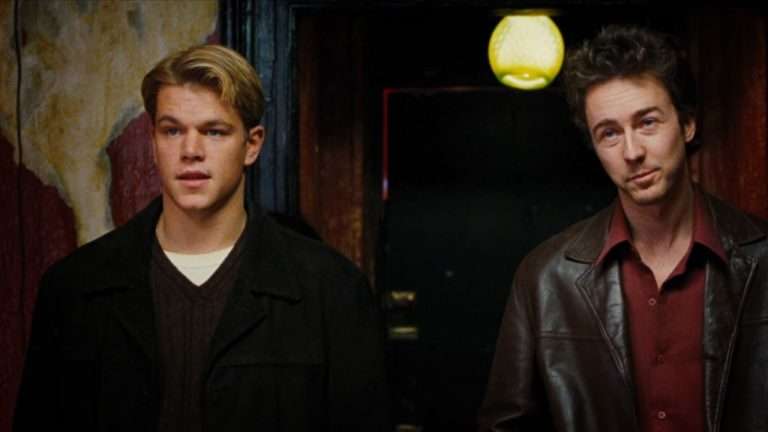Casinos and gambling in general are often glorified in cinema, including modern films. It’s a way to show the luxury and extravagance of particularly wealthy characters or to show how they can take big risks and afford to lose millions without batting an eye. But do depictions of casinos and gambling in film make that world seem more exciting and accessible or do they create negative perceptions?
In this discussion, we’re going to attempt to uncover the real impact of portrayals of gambling and casino games in movies. The issue is quite complex and multidimensional, bound by more than a few psychological principles. So, let’s jump in.
Impact on Perceptions
Perceptions are set by all types of art forms but cinema is the most profound of the lot. It creates real ripples in the fabric of society itself and can set a lot of ideas in motion, including ones that weren’t intended!
Specifically, how does the portrayal of gambling in films influence the way society perceives this activity? Does it make people believe that gambling is a quick path to wealth and excitement? Let’s find out.
Well, first of all, gambling has come to be perceived the way it truly is. It’s a serious game of skill for some, for some it’s a casual pastime, and for others, it can be a hobby where they wish to get better.
This is in part thanks to the growing popularity of online platforms. Convenience, easy access, faster internet all over the world, and so on have made it very easy for players to access online casinos today and there are no misperceptions this time—People play at their convenience with their constitution intact. That is to say that showing gambling in movies is unlikely to give any wrong ideas to any member of the audience.
For example, if you were to release a movie in Canada showing the overuse of casino props and themes, people are not going to suddenly start gambling more there thinking it’s a shortcut to success. Access to slots for Canadian players is already widespread.
If anything, it’s only portraying all the right things—Such as the ability to exude confidence or partaking in high-stakes rounds if you’re exceptionally wealthy, or that it can be an expensive hobby when other things lose their taste, so to speak.
The Glamorization of Gambling
Gambling has been glamorized and glorified a lot. Movies often depict wealthy characters indulging in high-stakes bets and extravagant lifestyles. But now let’s take a step back and try to think why does that happen.
Take a quick look at all casino-themed movies by popularity, and you’ll remember how the portrayal of gambling was always glamorized and stylized to amplify the character’s personality.
If you really go down to the heart of it, you’ll figure out that it’s done because that’s actually what happens. There are extravagant lifestyles in the world, and gambling is one of the finest ways to displace a character’s luxurious lifestyle or risk-taking nature.
It can add a lot of weight to a character’s portrayal. And often, it’s the best way out for a filmmaker to say a lot in a short sequence. Remember the Ocean’s series for example—It doesn’t take us long to comprehend the personality of different people just over a single game on a casino table!
So, the glamorization is not the cause. It’s the effect. It’s done because it reflects reality and helps the filmmaker say more about the character to the audience, saving everyone’s time.
Let’s take another example.
All the best James Bond movies try to feature gambling or a casino in one way or the other. It’s part of what makes the experience whole. It won’t be incorrect to say that gambling is an integral part of the Bond lore.
Now, then, surely the majority of the world has watched something of the James Bond franchise and been awed by it. But has that created any social problems? Did any government or psychology study find any correlation here?
Well, if the movie were to create a social problem, we’re sure the franchise wouldn’t have continued for 65 years now!



